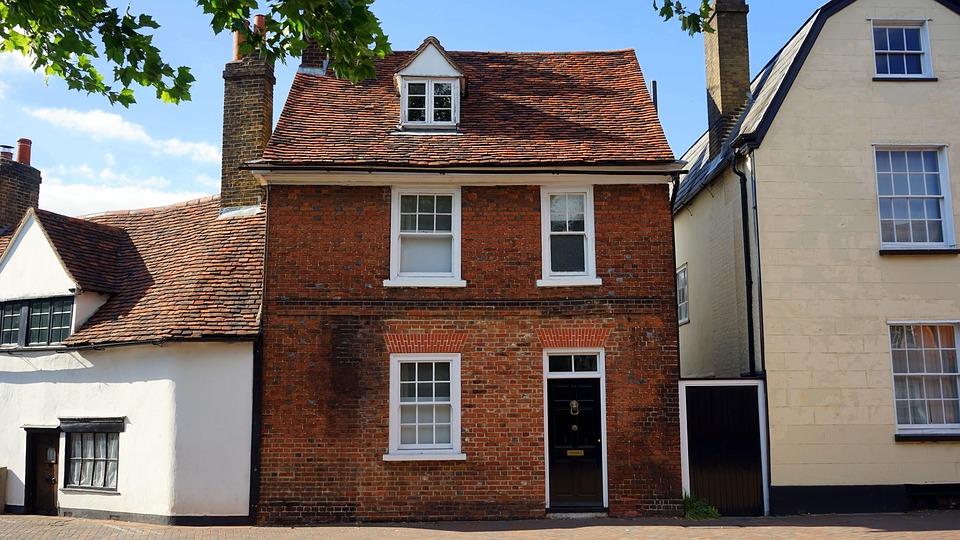Property in trust insurance is an essential consideration for anyone with an interest in property which has been put in trust.
To understand why that is the case, it might be useful to review how a trust works, why property – such as your home – might be put into one, and just why property in trust insurance is so critical.
What is a trust?
When a trust is created, any assets – including your home, cash, securities or other possessions – are transferred into the independent and entirely separate ownership of the trust. A trust is a legal entity capable of holding and owning any such assets.
The “settlor” of a trust is the person who puts the assets into the trust; the “trustee” is the person legally responsible for managing the trust; and the “beneficiary” is the person or persons (your children, for example) who benefit from the trust.
Inheritance Trust can make for a good example here in this context. Popularly known as a testamentary trust, an inheritance trust is typically created within a will and becomes active only when the individual who made it (called the testator) passes away. This kind of trust serves the primary purpose of distributing assets to beneficiaries in the exact manner the testator has mentioned in the will. It specifically helps in handling the assets after the death of the testator.
Why property is put in trust
Property is frequently put in trust as a way of managing Inheritance Tax liabilities. Thanks to the transfer of ownership into a separate and independent trust, the assets transferred no longer belong to the estate of a person who has died and is therefore exempt from liability.
Putting property in the trust may also be a way of reducing the personal wealth that is taken into account by local authorities when considering your application for help with long-term residential care in your old age.
As a member of the Chartered Institute for Securities and Investment points out
however, care must be taken to ensure that any assets put in trust cannot be regarded as “gifts” to the beneficiaries. In the case of your home, for example, in order to avoid the possibility of it being “gifted” you might need to move out of it or at least pay the full market rent to continue living there.
You should always seek independent advice on this subject.
The importance of property in trust insurance
Before it is put in trust, any property is almost certain to be protected by home building and contents insurance – the most suitable and effective defense against a whole range of risks including fire, explosions, escape of water, storm damage, impacts, vandalism, and theft.
When the property is put in trust, however, you no longer have that insurable interest, since ownership is also transferred to the trust. The property is the responsibility of the trustees – who have a legal responsibility for safeguarding it. Indeed, if they fail to do so, and loss or damage occurs, the trustees bear personal unlimited liability for those losses.
The trustees may fulfil their fiduciary obligations – and protect themselves against claims of personal liability – by ensuring that adequate and appropriate property in trust insurance is arranged.
It is specialist insurance written specifically with the unique circumstances of property in trust in mind. As such, it clearly identifies the name or names of the trustees and any correspondence is directed to the appropriate address.
The latter is an important consideration, since any cover kept in the name of the settlor of the trust instead of the trustees, together with correspondence sent to the former, may go unattended – and, so, risk leaving the valuable property vulnerable to all manner of loss, damage and financial loss.



